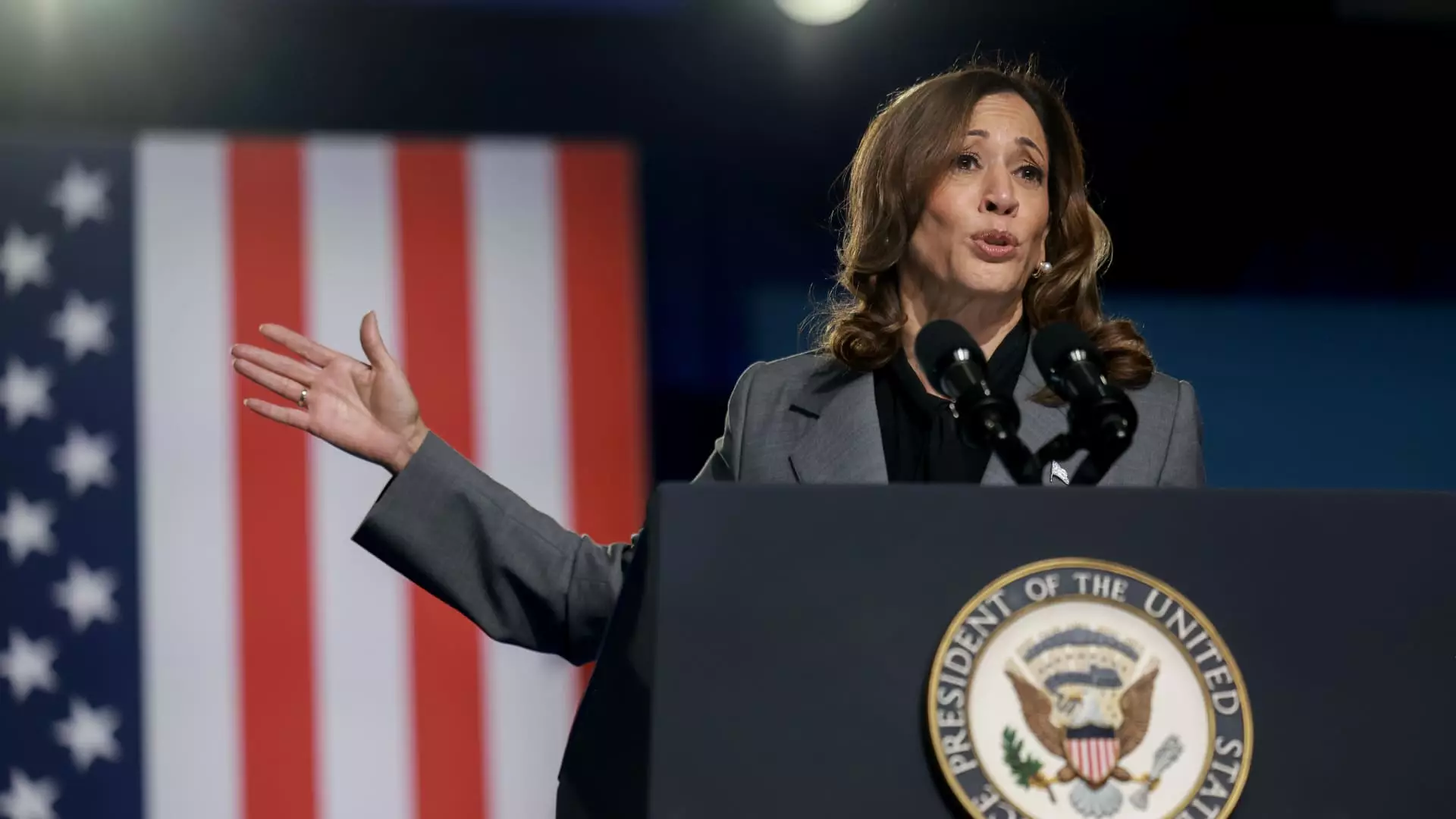In a politically charged atmosphere, Vice President Kamala Harris has extended an invitation for a second debate with former President Donald Trump, aiming for a significant political engagement that could influence the forthcoming November elections. Harris announced her openness to participating in a debate on October 23, coinciding with her broader campaign strategy. This invitation, underscored by a statement from her campaign chair, Jen O’Malley Dillon, showcases Harris’ readiness to engage in direct confrontation with her political rival in a critical phase of the electoral process.
The timing of the proposed debate is undoubtedly strategic. With less than two weeks until the election, the candidates are in the final stretch of their campaigns where every public appearance can potentially sway undecided voters. Harris’s immediate response to accept CNN’s invitation reflects her confidence and desire to firmly position herself not only against Trump but also in contrast to President Biden, who has faced scrutiny regarding his debate performance earlier in the year. The dynamics among the Democratic candidates suggest a push for Harris to assert her influence within the party as the campaign progresses.
Trump’s Reluctance and Campaign Dynamics
However, Trump’s response paints a different picture. Declining the opportunity for a second debate, Trump cited its late timing and his belief that voter decisions are already being solidified. His previous remarks, stating he has completed his debate obligations, indicate an attempt to maintain momentum within his campaign while avoiding potential pitfalls of re-engagement. His reliance on social media to communicate his stance emphasizes the ongoing transformative nature of political discourse, where platforms like Truth Social become venues for declaring positions and shaping narratives.
Harris’s attempt to challenge Trump once more raises pertinent questions about voter engagement and candidates’ willingness to confront one another. While debates allow for the demonstration of articulatory skills and policy positions, they also serve as opportunities to shift the public’s perception. The pressure on Trump to partake in a second debate could complicate his narrative of dominating the electoral landscape unopposed. The statements made by O’Malley Dillon insisting that Trump “should have no problem agreeing to this debate” underscore the tension and rivalry heating up ahead of the elections.
As the political landscape evolves, the implications of a second debate between Harris and Trump could be significant for both candidates and the electorate. Whether or not Trump will reconsider and take part in another debate remains uncertain, but what is clear is that the stakes are high. The period leading up to the elections will undoubtedly be marked by strategic decisions, public engagement, and an escalating rivalry that will culminate at the ballot box. Harris’s willingness to face Trump head-on could not only alter the dynamics of their contest but also play a crucial role in shaping the future of the Democratic Party and its electoral strategy.

